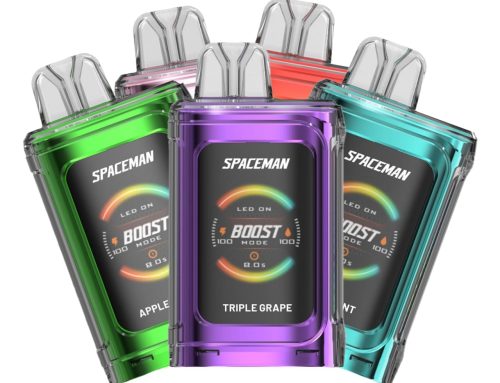Exploring the Potential Side Effects of Vaping CBD Oil: What You Need to Know
Are there any side effects of vaping CBD oil? This question has been on the minds of many individuals considering the use of CBD oil for its potential therapeutic benefits. As the popularity of CBD continues to rise, it is crucial to have a clear understanding of both the benefits and potential risks associated with its consumption. In this comprehensive article, we will explore the potential side effects of vaping CBD oil, shedding light on important considerations for individuals who are interested in incorporating CBD into their wellness routine.
Vaping has become a popular method of CBD administration due to its fast-acting nature and higher bioavailability compared to other methods, such as oral ingestion. However, it is essential to acknowledge that any substance introduced into the body can have both positive and negative effects. While CBD is generally well-tolerated, there are potential side effects that users need to be aware of.
One of the main concerns associated with vaping CBD oil is the potential risk to the respiratory system. Vaping involves inhaling a vaporized substance, which can irritate the lungs and airways. Some individuals may experience coughing, shortness of breath, or throat irritation after vaping CBD oil. However, it is important to note that these adverse effects are often mild and temporary.
Research on the long-term effects of vaping CBD oil is still in its early stages. Limited studies suggest that excessive vaping may lead to inflammation and possible damage to the respiratory system. While these findings are not conclusive, it is crucial to exercise caution and moderation when using CBD oil for vaping.
Dosage plays a significant role in mitigating potential side effects associated with vaping CBD oil. It is recommended to start with a low dosage and gradually increase it as needed. This approach allows your body to adjust and minimizes the risk of experiencing adverse reactions. Consulting with a medical professional or CBD specialist can provide valuable guidance regarding dosage recommendations based on individual needs and health conditions.
Quality assurance is another crucial factor to consider when vaping CBD oil. Due to the lack of FDA regulation in the CBD industry, it is vital to source products from reputable manufacturers. Opt for CBD oil that has undergone third-party testing for purity, potency, and the presence of harmful contaminants. Choosing high-quality CBD oil ensures a safer and more reliable vaping experience.
It is important to note that individual experiences with vaping CBD oil may vary. While some individuals report positive effects and minimal side effects, others may experience more significant adverse reactions. Factors such as individual sensitivity, pre-existing health conditions, and interactions with other medications can influence the body’s response to CBD oil.
To gauge potential side effects and determine the most suitable CBD dosage and administration method for your needs, it is recommended to start with a low dosage and monitor your body’s response. Pay attention to any changes in mood, appetite, sleep patterns, or gastrointestinal discomfort. Keep a journal to track your experience and discuss your observations with a medical professional or CBD specialist.
In conclusion, while CBD oil is generally considered safe, there can be potential side effects associated with vaping it. The respiratory system is particularly vulnerable to irritation and inflammation from vaping. It is crucial to start with a low dosage, choose high-quality products, and monitor your body’s response to minimize any adverse effects. As with any health-related decision, consulting with a medical professional is advisable, especially if you have pre-existing health conditions or are taking medications that may interact with CBD oil. With careful consideration, CBD oil can be incorporated into a wellness routine to potentially reap its therapeutic benefits while minimizing the risk of side effects.



